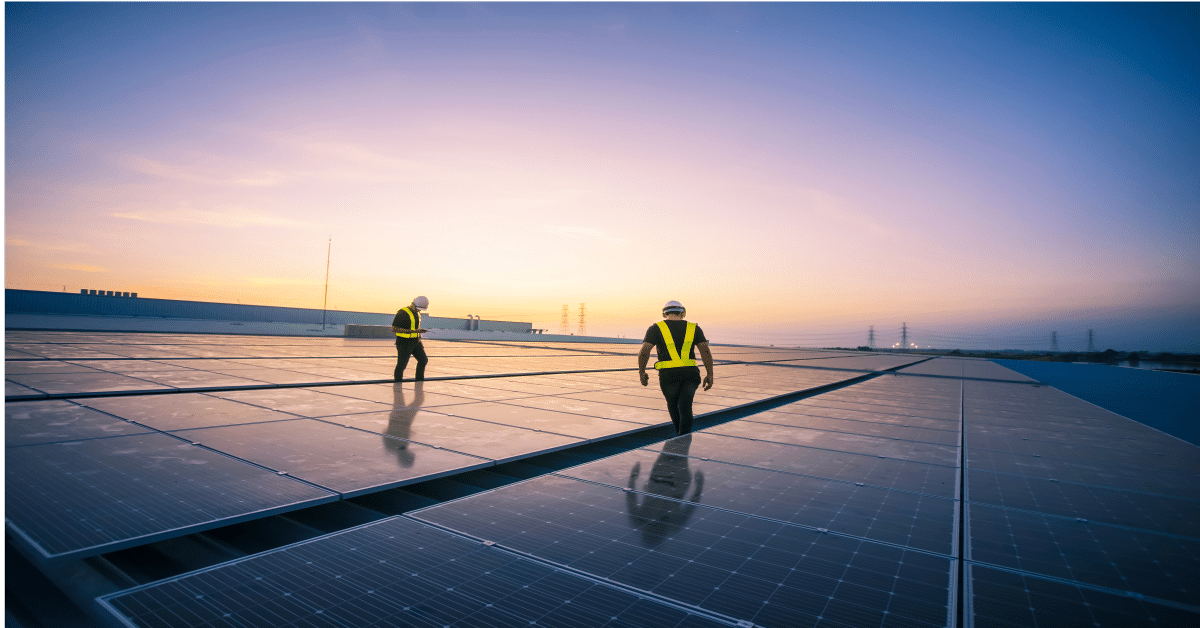Germany is planning a considerable rollout of renewable energy, but is still lacking measures on community energy. The updated German NECP needs to incorporate energy communities in its revised form.
– Renewable energy expansion targets have been significantly increased and are on a 1.5 compatible way.
– Improvements on permitting and capacities for planning need to be implemented and an overall renewable energy target needs to be added.
– Energy sharing and tenant electricity need to be improved.

The expansion targets and deployment paths for the renewable energy sources in Germany have been significantly increased since the current federal government took office. They are on a 1.5°C compatible path: The share of renewable energy sources in the electricity consumption was set at 80% by 2030. Targets include PV 215GW, onshore wind 115GW, offshore wind 30GW. At the same time, still a lot remains to be done in terms of the length and complexity of permitting and capacities to implement these targets. As these developments are relatively new, they had not yet been reflected in the first NECP. The headline target for share of renewable energies within the overall end energy use has not yet been discussed and would be an important addition to be put into the revised NECP.
In the new version of the Renewable Energies law implementing RED II (2023), Renewable Energy communities are defined and certain facilitations achieved, but not yet to a satisfactory level. Energy sharing (Article 22 RED II) is still not implemented in Germany and there is no political process or timetable for its implementation. Tenant-generated electricity has not yet been able to realise its potential as the current rules are too bureaucratic. If the proposed changes from the solar energy strategy were to be implemented, improvements could have been made there.
Energy sharing and tenant electricity are tools to enhance social participation in the energy transition. In addition to financial aspects, it is also a means to ensure that citizens identify more strongly as part of the implementation of the energy transition. This strengthens social acceptance and sustainability of the energy transition among the population and should therefore be implemented quickly.
A solar rooftop obligation for new public buildings and, as a rule, for new private buildings was anchored in the coalition agreement, but with yet any indication on its implementation by law. It also does not go far enough, as existing buildings are not included.

